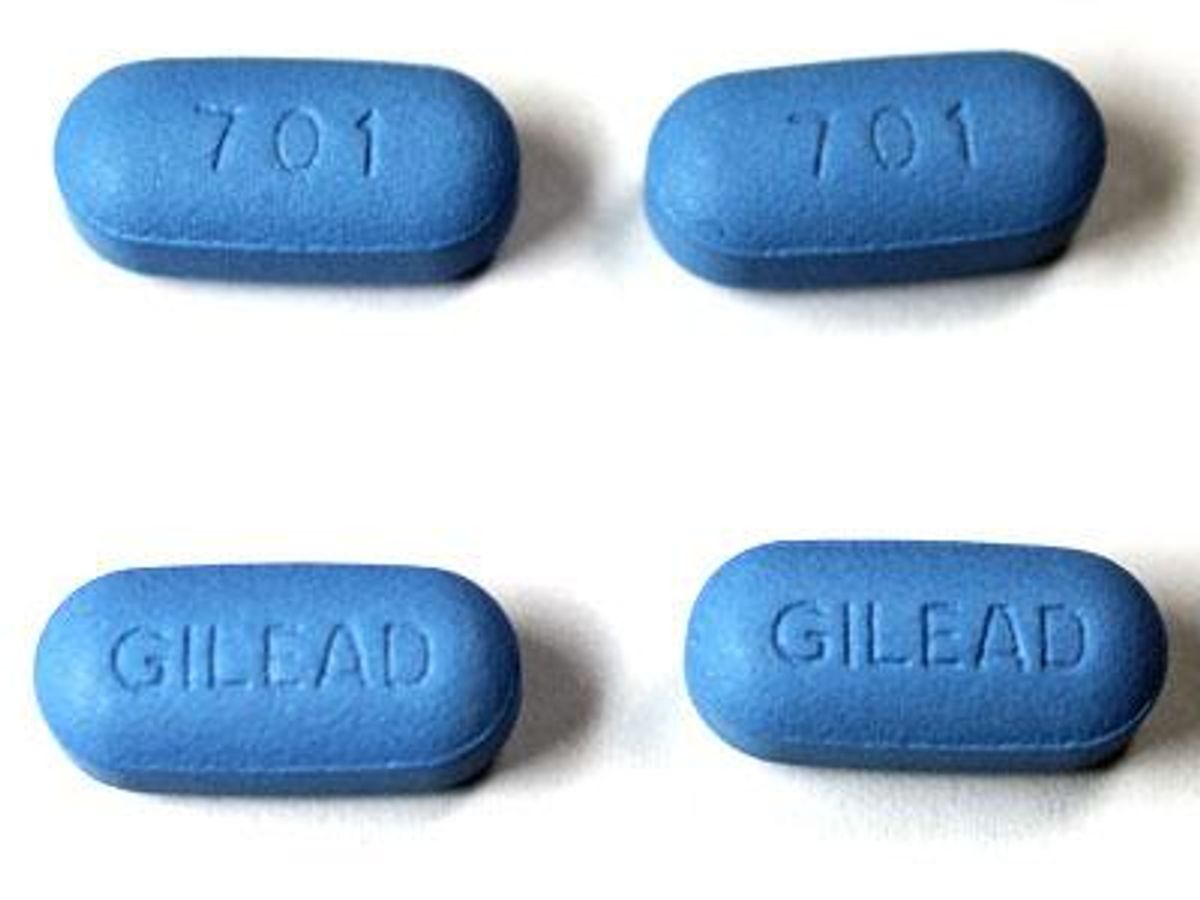Conversation around HIV prevention breakthroughs in pill form has permeated brunch tables, newspapers, and doctors’ offices. But even though pre-exposure prophylaxis (PrEP) and post-exposure prophylaxis (PEP) have been approved as methods to prevent the transmission of HIV through sexual intercourse or intravenous drug use, some of those who could benefit from PrEP and PEP are still not quite sure how they work. Here are answers to some of the most frequently asked questions about PrEP.
What is PrEP?
PrEP is administration of an HIV
medication, Truvada (the only one approved for this use to date), to people who are HIV-negative but at high risk of getting the virus. The daily, one-pill regimen has been proved to reduce the risk of HIV transmission, but it must be taken consistently. The Food and Drug Administration approved the use of Truvada, manufactured by Gilead, for prevention of HIV transmission in 2012. The drug has been found to prevent HIV transmission among both same-sex and opposite-sex intimate partners. A study released last June found that PrEP also works to prevent HIV transmission for drug users who use contaminated needles.
Can I take it only on days I have sex? Do I have to take it forever?
No. Some studies indicate that a certain percentage of users do not take PrEP as prescribed, which can lead to HIV infection. The bottom line is that the pill must be taken daily, like birth control, as a preventive measure. And like birth control, which women sometimes take for years then, go off of for years, you can stop taking PrEP when your risk factors change—for example, you aren’t having sex regularly anymore.
Who should start a PrEP regimen?
PrEP should be prescribed only to HIV-negative people, which is why people are tested before beginning a regimen. Men who frequently have sex with men without condoms may want to consider PrEP, as well as HIV-negative people with positive partners. HIV-negative pregnant women may also choose to use PrEP if their partner is HIV-positive. Intravenous drug users are also good candidates for PrEP, which can be prescribed only by a doctor or other health care professional.
Is it OK to use PrEP as the only method of HIV prevention?
Doctors still caution that PrEP, even with consistent daily use, should be accompanied by consistent use of condoms or, for drug users, sterile needles. But let’s face it, if condom use was consistent, there would be no need for PrEP. This is just a reminder that while it’s very useful in preventing HIV transmission, it’s still not 100 percent effective (just like birth control).
What are the side effects of PrEP?
During clinical trials of PrEP, some people said they experienced diarrhea, nausea, abdominal pain, headache, and weight loss. A small segment of users experienced kidney problems.

